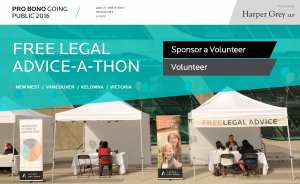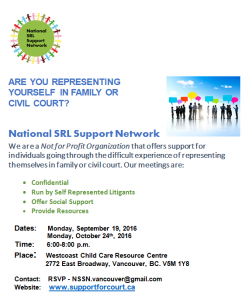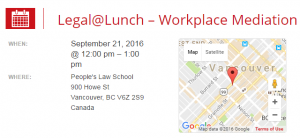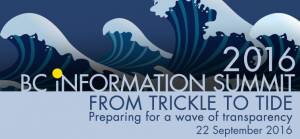BC Family Justice Innovation Lab Official Launch
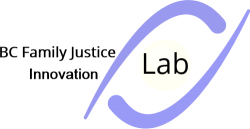 By Kari Boyle
By Kari Boyle
Coordinator, BC Family Justice Innovation Lab
Adapted from this post.
What is the Lab?
The Lab is not a place, an organization or a product. It is a space. A space for taking new approaches to family justice innovation in BC. It is a space for diverse groups of people to work together with the support and tools they need.
Who is working on the Lab?
Our Core Lab Team is described here. I have the privilege of the “Coordinator” title but we are all working as a team to keep moving forward.
Why is the Lab important?
Previous family justice reforms have not resulted in the kind of transformational change that is really needed to make the system accessible and effective for BC families. It remains too complex, too expensive and too time-consuming. A new approach is needed. A small group of us looked outside the justice system for inspiration and were excited to learn about “lab” approaches being used in other sectors to effect meaningful social change. This approach is different because it is:
- family-centred (not just in words but in action)
- systemic
- participatory
- experimental
It is focused on action rather than creating another report with recommendations for what others should do to make things better. We have enough reports. We will aim to experiment, including with prototyping, and to take a “learn as you go” approach while still ensuring we have robust evaluation data.
There are many different kinds of labs. This Lab will focus on using a combination of human-centred design approaches and system thinking (coined “systemic design”). Human-centred design places the people who will be using the innovation at the centre of the innovation design process. It is a fast-paced, experimental process that taps into people’s innate creativity, and has four iterative steps – empathy, definition, ideation and prototyping. System thinking acknowledges that the BC family justice system is a complex adaptive system and encourages multi-disciplinary engagement with people across the “system” defined broadly i.e. all of the pieces that families encounter while taking their journey through separation and divorce. As M. Jerry McHale Q.C. said early in our exploration, “this is not a justice issue with some social aspects, this is a social issue with a few justice aspects”.
We believe that the Lab will be able to pursue change in new ways that individual justice organizations cannot do by themselves. In so doing, we aim to support and amplify their efforts to improve the BC justice system. We are also committed to supporting and collaborating with the Access to Justice BC.
This is a learning journey. We don’t have everything figured out but we are confident that we can help if we start, if we engage with others, if we are open to creative ideas, and if we really try to see the system from the perspective of those we exist to serve.
Please feel free to contact us if you have any questions or if you would like to participate in the Lab in some way. Follow us on Twitter (@BCFamInnovLab) and use the “contact us” feature on our website and we will get back to you. Thank you.
